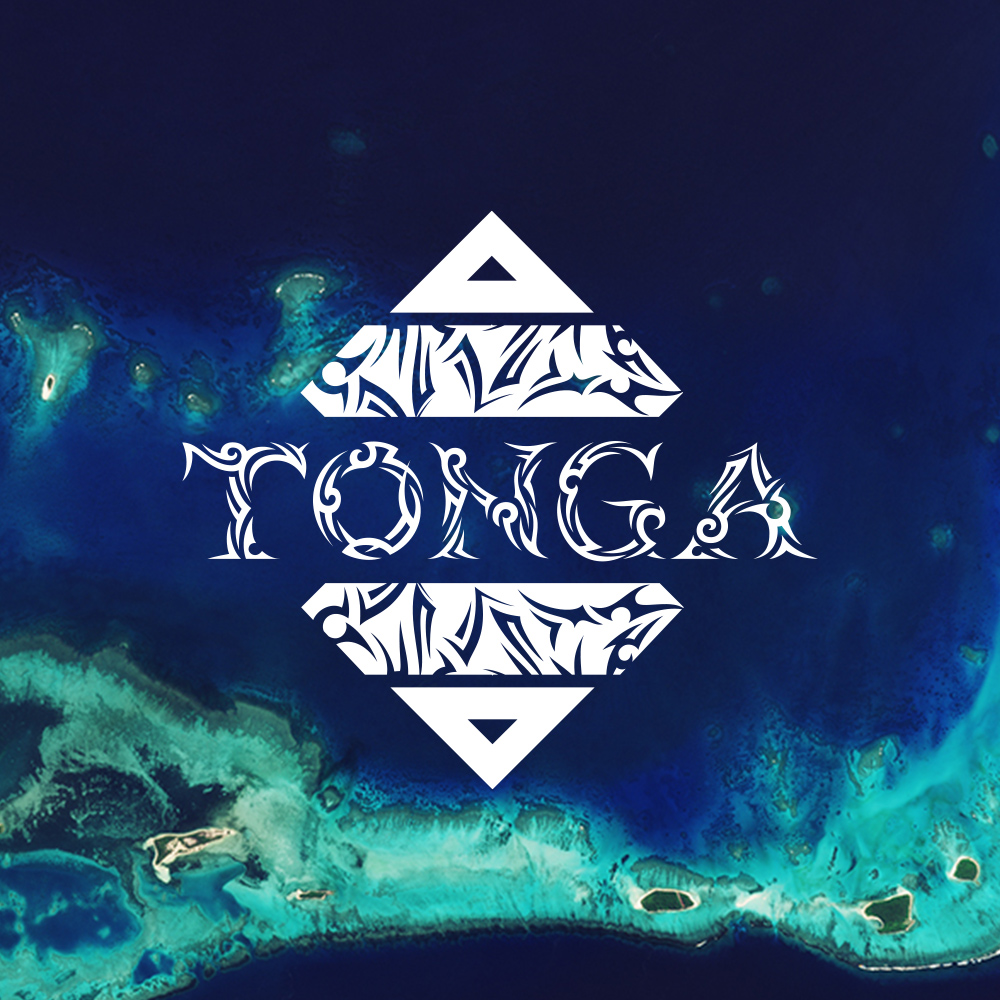
Laboratoire d’Océanographie de Villefranche UMR 7093
As part of the Year of the Ocean, the Laboratoire d’Océanographie de Villefranche is actively participating in two major events: the One Ocean Science Congress and l’UNOC’3.
Our unit’s staff will take part in scientific discussions and associated events, and will also contribute to the “Sciences-sur-Mer” Festival (June 7–13, Villefranche-sur-Mer), which aims to strengthen the link between science and society by offering opportunities for dialogue between stakeholders and inviting both the general public and school groups to take part.